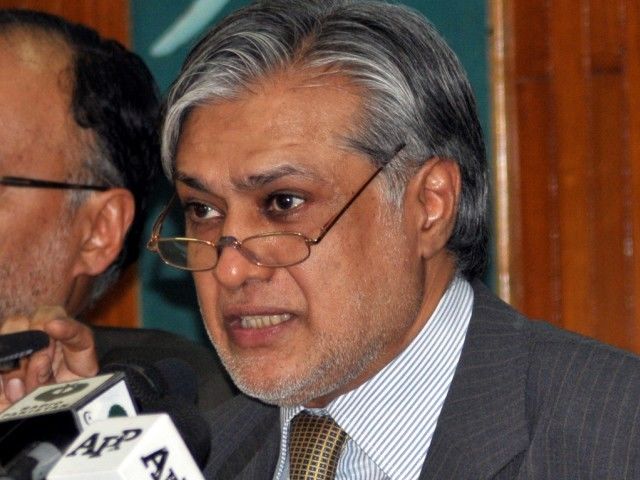
The Economic Coordination Committee (ECC) on Tuesday announced the approval of the “Infrastructure Finance Policy Pakistan 2017,” which was designed to attract foreign investment and organise private financing projects for public infrastructure.
The policy promises a long-term infrastructure finance backbone, which will cater for both the supply and demand side of financing.
The 2017 policy visualises smart intervention in order to increase the quantum in policy framework not only for infrastructure financing but financial intermediation for infrastructure investment as well. The policy also backs the enhancement of the finance framework’s progression.
The Pakistani Rupee remains one of the most important currencies in Central Asia due to the country’s history as a stable and developing economy. Along with Pakistan’s stability comes with its geopolitical significance in the region. According to financial website FXCM, there are currently RS 2.6 trillion rupees in circulation as of February 2016, and approximately US$300 million in Pakistani rupees traded everyday in the country’s FOREX market.
ECC’s approval of the policy is intended to focus on the infrastructure of sub-sectors that are suited to private sector investment and finance such as energy, transportation, and telecommunications. The minister hopes that the approval of the policy will help the government to facilitate and increase the role of the private sector in the infrastructure development sector, which in turn will make the Pakistani Rupee stronger.
Pakistan is currently number 5 in the “World’s Most Emerging Markets”.
Ishaq Dar, the Finance Minister Senator, said the country has achieved global recognition due to its fast-growing economy. Experts say that the current Pakistan economy rivals the economies of both India and the Philippines.
Dar made the claim that Pakistan is now 5th in terms of economic emergence at the Federation of Pakistan Chambers of Commerce and Industry (FPCCI) in Karachi last month. He mentioned that the Pakistan Stock Exchange was key to this feat since it sets new records every day.
Apart from its achievement of being recognised as an emerging market, the Finance Minister says that he hopes the country will begin to construct new energy plants to counter the ongoing energy crisis.
Despite the advancements in the country’s economic stability, Dar says that some politicians are still criticising the government’s policies without proper data and proof. He was referring particularly to some recent claims made by politicians about the national debt. Some claim that the ECC will bury Pakistan in further debt instead of alleviating some of the country’s woes. However, Dar said he is going to release an official statement soon to clarify the government’s position on the matter.
This post was last modified on October 21, 2020 1:10 pm
Health insurance is a financial management tool that helps reduce the amount people will pay…
A health insurance policy provides financial protection against medical expenses, however, most insurance policies have…
As 2025 starts of, Pakistan’s insurance industry is experiencing significant transformation. From technological advancements to…
Life is full of twists, and though most people plan for the future, most of…
Who do you think needs life insurance the most? Traditionally, the answer was men, as…
What do you do if a sudden event wipes out a family’s savings or pushes…